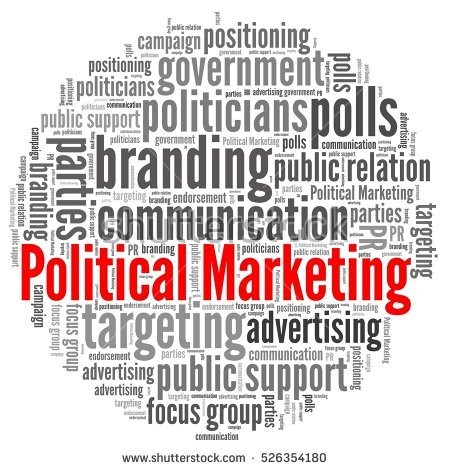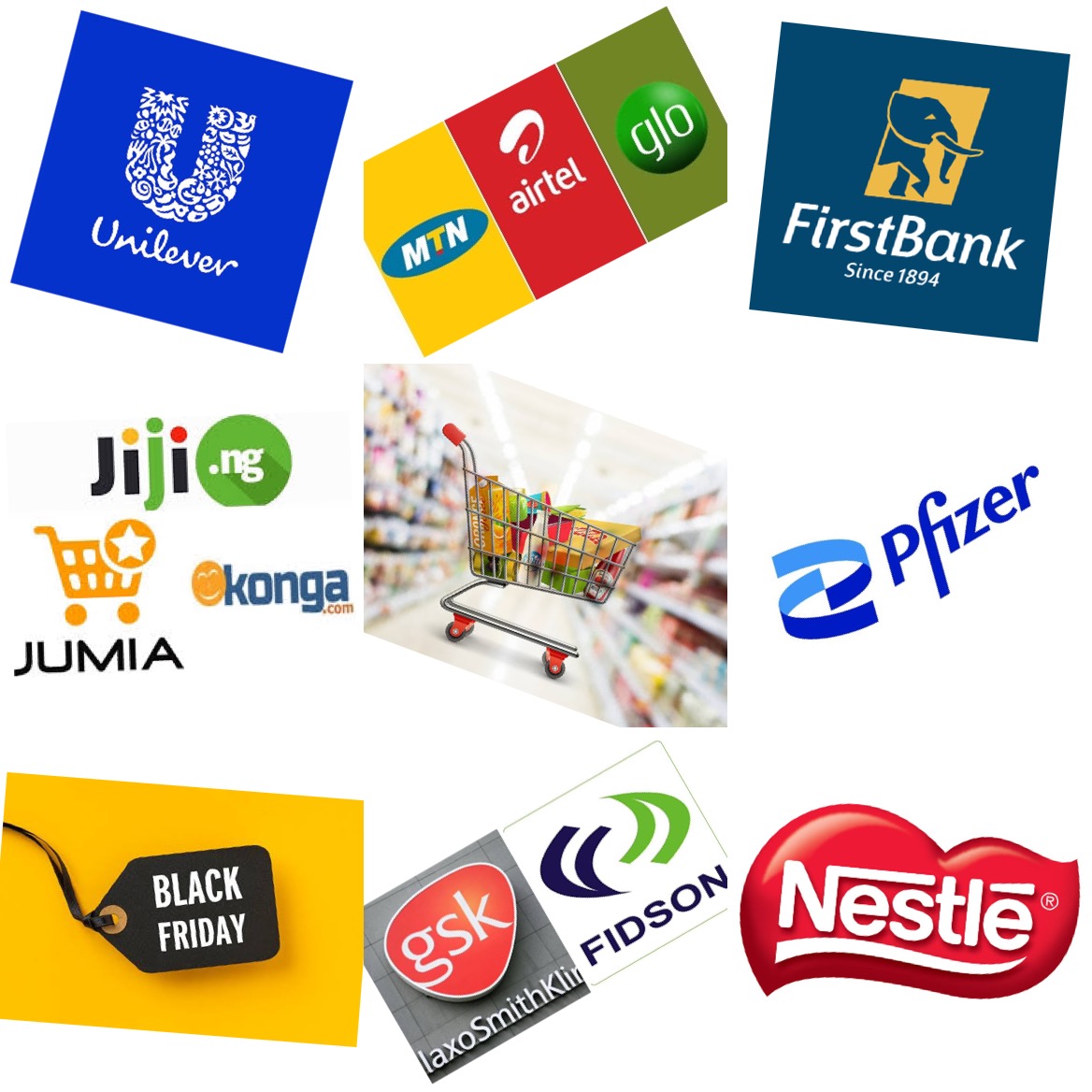By Abimbola Mohammed
For every election year, politicians seek support from citizens using different kinds of marketing strategy to solicit for votes by running creative campaigns, jingles and TV commercials to better position themselves as right candidates. The politicians vying for public offices professionally engage the services of agencies in the Integrated Marketing Communication (IMC) sector. They do so to make sure that they get 360° marketing campaigns that resonate with their target audiences and position them as top of the mind candidates, which in turn boost revenue in the IMC ecosystem.
However, the reverse is the case for the 2023 general elections as some marketing communication professionals bemoan low patronage or no patronage at all from political office seekers who are seemingly up against inimical policies by the incumbent government.
A few months ago, IMC practitioners in Nigeria were optimistic and had projected that the 2023 election campaigns would bring businesses and revenue to their various agencies. But so far there has been a setback as the majority now awaits election results, hoping that the winner at the polls will determine whether there will be businesses from local and foreign investors. They are upbeat that the elections will determine the amount of investment in Q1 going to Q2. While some practitioners attributed the low patronage/revenue to economic challenges in the country, others fingered the Central Bank of Nigeria’s (CBN) naira redesign/Monetary Policy as the cause.
Comparing the reports of revenue generated in 2019 during the general elections, it was gathered that the broadcast campaigns coverage between 2019 and 2023 election for presidential candidates were put at N508.35 million and N391.05 million for PDP and APC. The electronic media adverts were N733.9million for PDP and N555.6 million for APC respectively, bringing the total amount to N2.5 billion. In summary, a total of N4.973 billion was spent on campaign expenses, with PDP and APC spending N3.549 billion and N1.424 billion respectively.
Meanwhile, a report by a renowned journalist, Dr. Jide Johnson, a lecturer at the Nigeria Institute of Journalism, Lagos, said political campaigns and marketing will contribute at least 40 percent to total advertising revenue between January and March, 2023. So far, advertisers have continued to lament the decline in their expectation.
Looking at all this, one would wonder why the recent development has taken this downward turn. Could it be that professionals were not consulted or that the campaign teams of candidates do not trust the expertise of the practitioners?
Feelers emanating from industry watchers suggest that the uncertainties surrounding the electoral process may further impact Q1 performance as most of their corporate clients have adopted a wait-and-see approach.
While some said that every election year comes with the opportunity of doing good business, so far it seems this year’s election cycle has taken a different turn. It is also perceived in some quarters that the lull in political advertising spend is not unconnected with the Independent National Electoral Commission’s (INEC) monitoring of electoral expenditure.
It is, therefore, left to be seen how the winner of the 2023 presidential polls will give a sense of hope to the IMC sector, local businesses and foreign investors in the subsequent quarters.






Comment
No comments found.